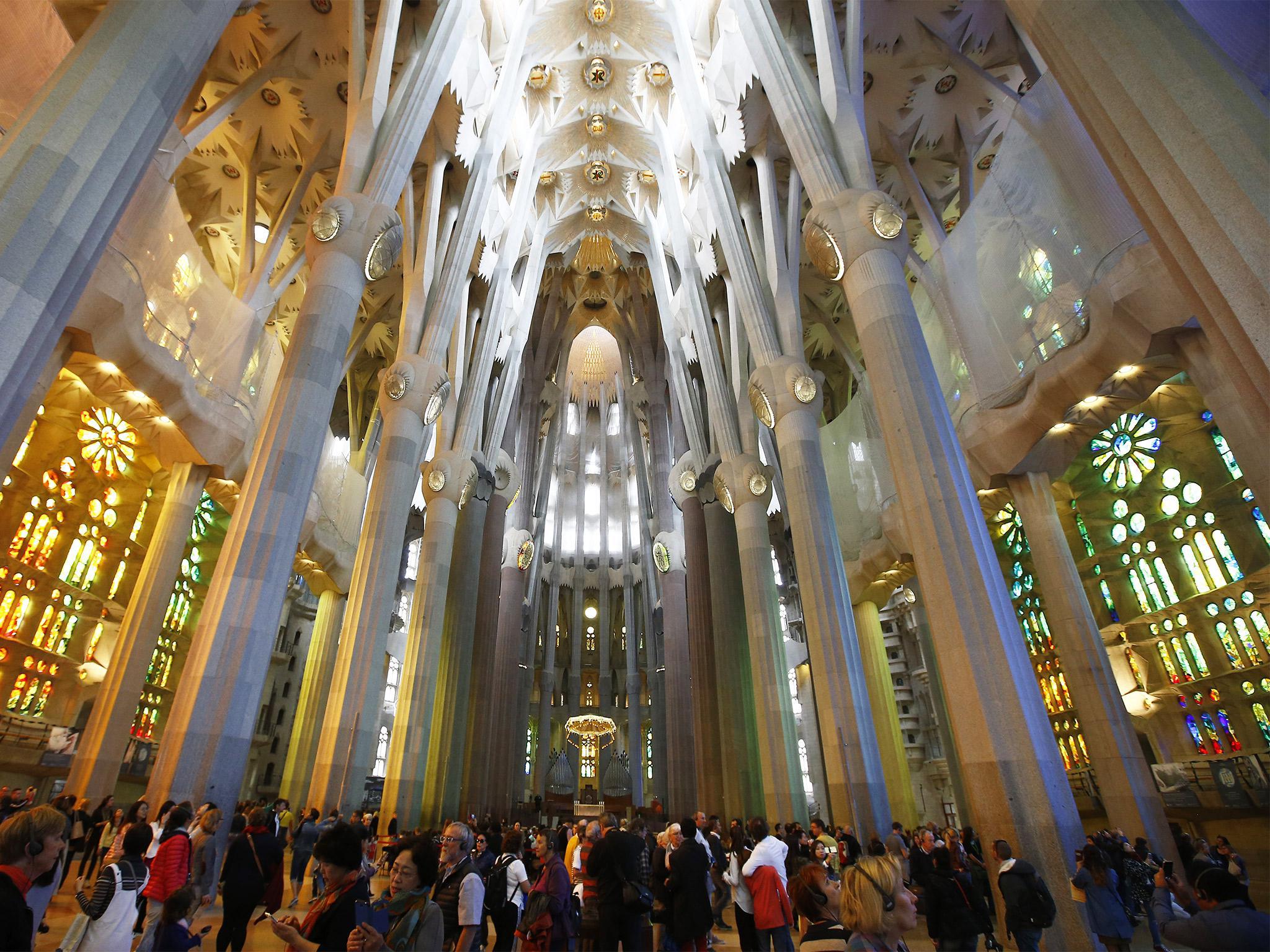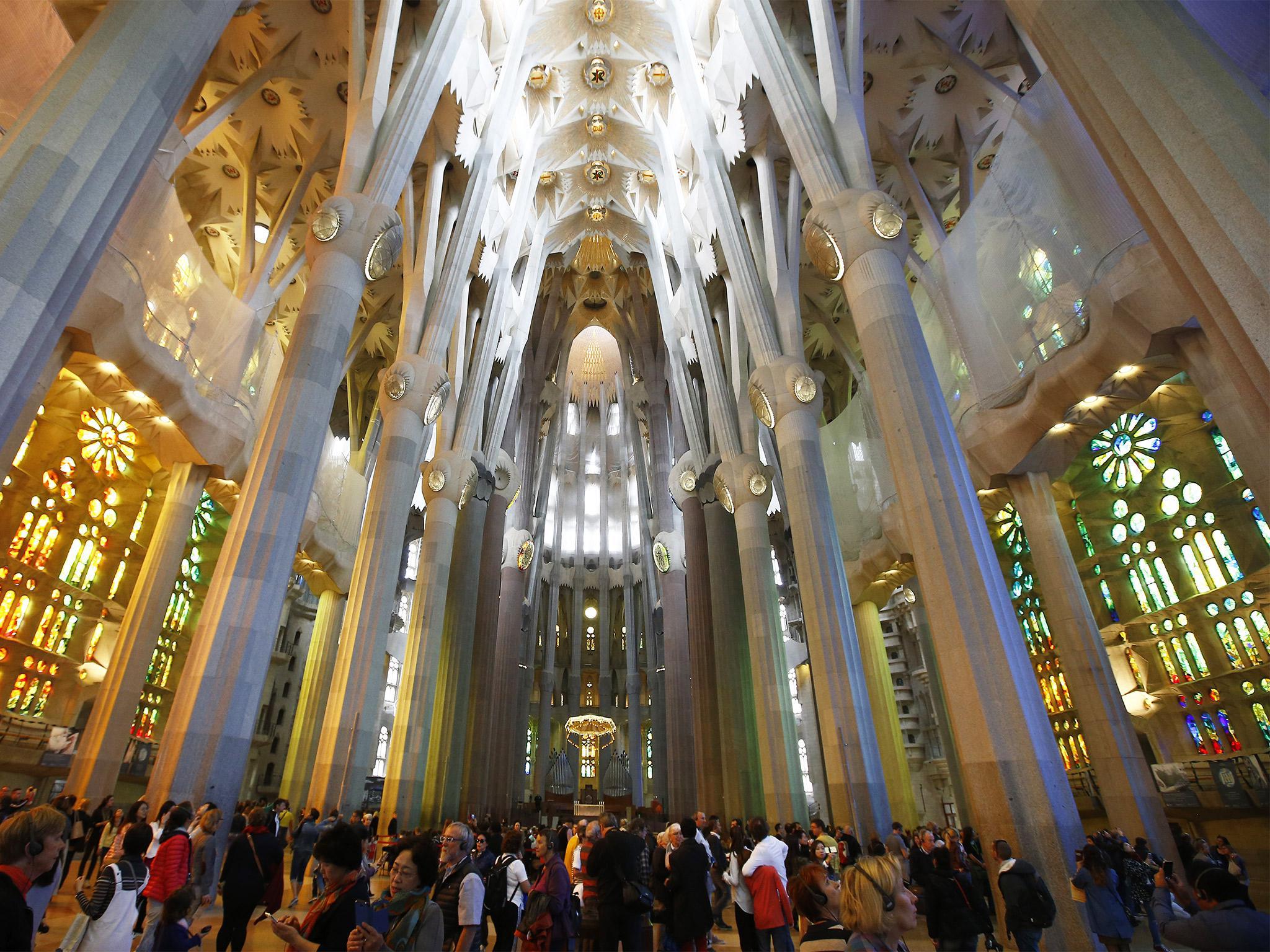
Myanmar restricts used car imports
Myanmar has restricted imports of right-hand drive used cars in a bid to boost local production, draw foreign investment — and phase out notoriously chaotic driving habits.
Almost all of the cars on Myanmar’s road are second-hand, ninety percent of them from Japan, even however the two nations drive on different sides of the road.
Used car imports surged after the government liberalised limitations in 2012, the year after violating from half a century of isolationist military rule.
But until recently Western trade sanctions blocked imports of left-hand drive cars from Europe and the US, forcing motorists to turn to Japanese vehicles.
As a result horn-beeping drivers routinely veer into the centre of the road to guage whether it is safe to overtake and buses unload passengers into the middle of busy streets.
But that is set to switch after the government banned imports of right-hand drive cars from this month.
The budge aims to boost local manufacturing and attract much-needed foreign investment, top priorities for Myanmar’s freshly elected government.
Foreign automakers are now eyeing the largely untapped market of some fifty five million consumers as a potential bright spot at a time of lacklustre sales in Southeast Asia.
Only seven out of 1,000 people own cars in Myanmar, compared to two hundred in neighbouring Thailand, said Nissan regional senior vice president Yutaka Sanada.
“Out of the ASEAN countries, Myanmar, in terms of the chance, is fatter than our neighbours,” he told AFP on Wednesday at the launch of the Japanese giant’s very first locally manufactured car.
Ang Bon Beng, senior regional director of Indochina at Nissan’s playmate Suntan Chong Group, predicted annual sales would grow 5-10 percent in the next few years.
“If you look at the current market of Myanmar, ninety five percent are used cars,” he said. “But this country has determined it wants to liberalise”
Myanmar has been the top market for Japanese second-hand car exports for the past three years, according to the Japan Outer Trade Organisation.
Safety (Shenzhen: 300523.SZ – news) campaigners say the ban on imports of used right-hand drive cars will save lives and mean rickety old bangers are taken off the streets.
Others hope it will ease the daily gridlock that gasps the streets of the commercial capital Yangon, home to most of the country’s cars.
But many locals complain the ban has simply driven up the cost of second-hand cars and they cannot afford to buy fresh.
Prices have risen 20-30 percent since it was announced in November and U Soe Tun, chair of industry bod MAMDA, said they could dual this year.
“If I’m buying a car, I want to buy a car imported form Japan like Toyota and Nissan,” said rice shop holder Soe Nyut Aung.
“I have a limited budget and second-hand cars are cheap.”

